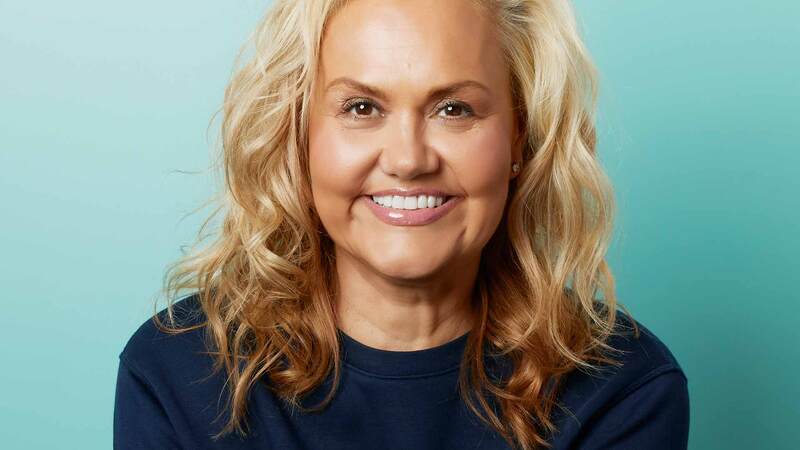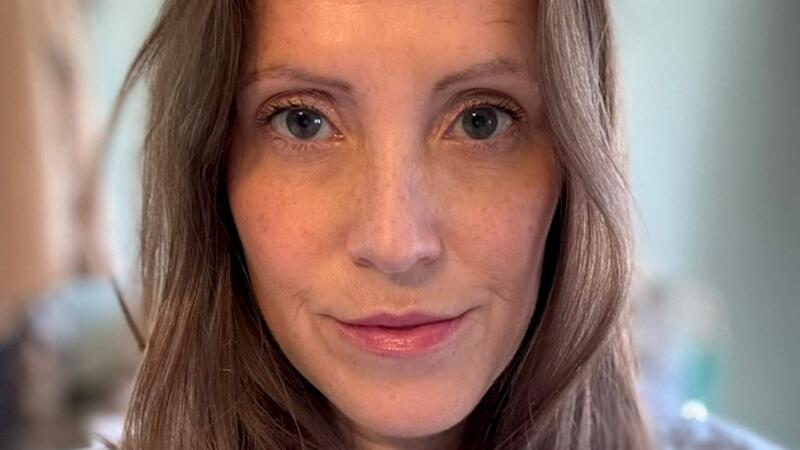You are viewing your 1 free article this month. Login to read more articles.
PRH 'drunk on virtue' over diversity drive, says Shriver
Lionel Shriver has branded Penguin Random House (PRH) "drunk on virtue" after seeing a "by turns fascinating, comical and depressing" questionnaire for authors to complete as part of its diversity drive.
In an opinion piece for the Spectator, entitled "When diversity means uniformity", Shriver expressed concern that the "statistical precision" with which PRH had pursued its aim for staff and authors "to reflect UK society by 2025" could be to the detriment of literary excellence.
Following the launch of PRH's voluntary inclusion tracker, intended to measure the diversity of its authors and staff to help it to publish a wider range of voices, the We Need To Talk About Kevin author took issue with what she called the "newly shackled" definition of diversity, which she said "serves a strict, narrow agenda that has little or nothing to do with the productive dynamism of living and working alongside people with widely different upbringings and beliefs".
In criticism of PRH's questionnaire, which was forwarded to Shriver by an agent, the author baulked at a pull-down menu sorting different nationalities by ethnicity: "If your office is chocka with Italians, Greeks, Spaniards, Germans, Danes, Finns, Bosnians, Hungarians, Czechs, Russians, Americans, Canadians, Australians, Kiwis, Argentines, Guatemalans, Mexicans, Romanians who aren’t travellers and South African Jews — I could go on — together speaking dozens of languages and bringing to their workplace a richly various historical and cultural legacy, the entire workforce could be categorised as ‘White: Other’. Your office is not diverse."
Shriver, who earlier this year warned against “politically correct censorship” in fiction, also derided PRH for having listed ‘Bi’ and ‘Bisexual’ as two different answers ("what do these publishing worthies imagine ‘bi’ means?") and described the appearance of three sequential questions that they "obviously hope to elicit that you’ve been as badly educated as humanly possible".
Shriver went on to say she thought PRH had been "dazzled by this very highest of social goods" - meaning diversity - and had ceased to understand what the company is for.
"Drunk on virtue, Penguin Random House no longer regards the company’s raison d’être as the acquisition and dissemination of good books. Rather, the organisation aims to mirror the percentages of minorities in the UK population with statistical precision," she wrote.
"Thus from now until 2025, literary excellence will be secondary to ticking all those ethnicity, gender, disability, sexual preference and crap-education boxes. We can safely infer from that email that if an agent submits a manuscript written by a gay transgender Caribbean who dropped out of school at seven and powers around town on a mobility scooter, it will be published, whether or not said manuscript is an incoherent, tedious, meandering and insensible pile of mixed-paper recycling. Good luck with that business model. Publishers may eschew standards, but readers will still have some."
However, PRH has responded by saying it does not believe its goal to seek out writers and talent from under-represented communities detracted from its acquisition of writers on the basis of "talent, first and foremost".
"Our company-wide goal is driven by our strong belief that the books we publish should reflect the diverse society in which we live. After all, books shape our culture, and this should not be driven only by people who come from a narrow section of society," said a PRH spokesperson.
"We acquire all our writers on talent, first and foremost. However, in setting this goal we recognised that we needed to do more in actively seeking out talented writers from communities under-represented on the nation’s bookshelves. Through our WriteNow programme, for example, we are now reaching communities of writers we haven’t before.
"Similarly, we recruit on talent and potential, not qualifications or former experience; in order to open up our roles to a more varied candidate pool at a time when lack of diversity is an issue affecting not just the publishing industry but the creative industries more broadly.
"We firmly believe that giving a platform to more diverse voices will lead to a greater richness of creativity and stories, rather than stifling them."
PRH first started sending out its inclusion tracker to authors in autumn last year. Results are expected to publish by the end of the year, as soon as the publisher has enough completed surveys.

















